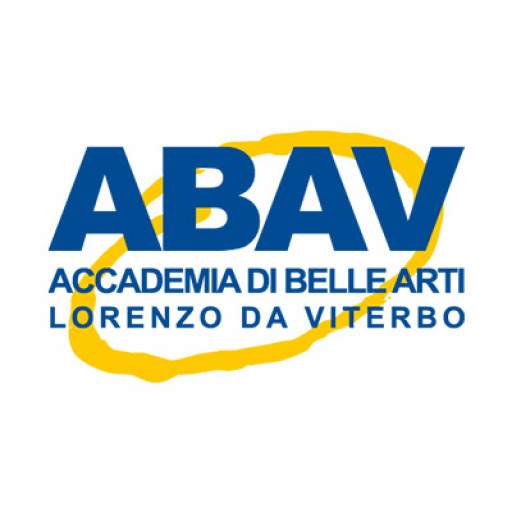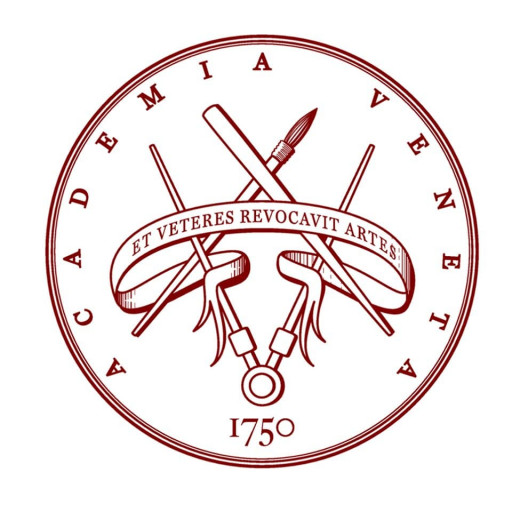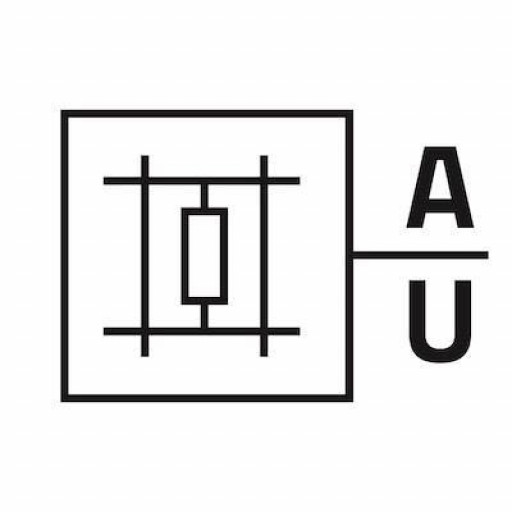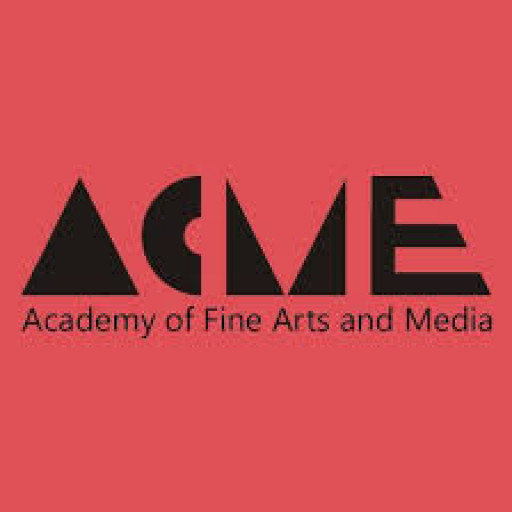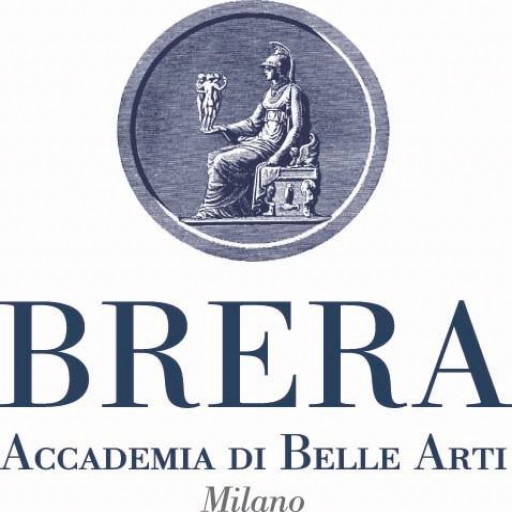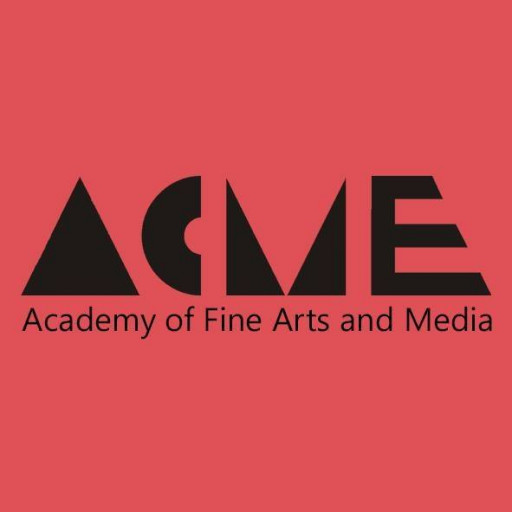Photos of university / #unikentlive
The BA in Film Studies with a Year Abroad at the University of Kent offers students an exciting opportunity to develop a comprehensive understanding of the history, theory, and practice of film-making and film analysis. This programme is designed for students who are passionate about cinema and wish to immerse themselves in a global film culture, gaining international experience by studying abroad during their third year. Throughout the course, students explore a wide range of cinematic genres, styles, and techniques, analyzing both classical and contemporary films through critical and theoretical lenses. The programme emphasizes practical skills such as film production, screenwriting, and editing, alongside academic scholarship, preparing graduates for careers in film production, journalism, criticism, or further study in film or related disciplines.
The inclusion of a Year Abroad allows students to diversify their academic and cultural experiences, enhancing their adaptability, intercultural communication skills, and global awareness. During this year, students typically study at partner institutions across Europe, North America, or other regions, choosing modules that complement their interests in film and media studies. This international dimension enriches their understanding of cinema’s role across different cultures and enhances their employability in an increasingly globalized media industry.
The programme is delivered through a combination of lectures, seminars, workshops, and practical projects, with opportunities for internships and collaborations with industry partners. Assessment methods include essays, presentations, practical projects, and exams, encouraging students to develop their analytical, creative, and communication skills. The university provides dedicated support through academic advisors and film production facilities, ensuring students have access to state-of-the-art equipment and resources.
Graduates of this programme leave with a solid foundation in film theory and practice, with a nuanced understanding of cinema's cultural, political, and technological contexts. They are well-equipped to pursue careers in film production, direction, screenwriting, film criticism, or related fields, and are prepared for further postgraduate study. The year abroad experience not only broadens academic horizons but also fosters independence and intercultural competence, valuable qualities in today’s international job market. Overall, the BA in Film Studies with a Year Abroad at the University of Kent provides an enriching academic journey that combines rigorous scholarship with practical training, offering students the chance to immerse themselves in world cinema and develop their own creative voice amidst a vibrant academic community.
Detailed Course Facts
Application deadline 15 Jan Tuition fee- GBP 9000 Year (EEA)
- GBP 14860 Year (Non-EEA)
- Total Kent credits: 480
- Total ECTS credits: 240
- Total Kent credits: 480
- Total ECTS credits: 240
- English
Course Content
Course structureThe course structure below gives a flavour of the modules that will be available to you and provides details of the content of this programme. This listing is based on the current curriculum and may change year to year in response to new curriculum developments and innovation. Most programmes will require you to study a combination of compulsory and optional modules, you may also have the option to take wild modules from other programmes offered by the University in order that you may customise your programme and explore other subject areas of interest to you or that may further enhance your employability.
Stage 1
Possible modules may include:
- FI313 - Film Form
- FI315 - Introduction to Film Theory
You have the opportunity to select wild modules in this stage
Stage 2
Possible modules may include:
- FI621 - Television Series: Narration, Engagement and Evaluation
- FI565 - British Cinema
- FI586 - Representing Actuality
- FI590 - Improvisation For Screen
- FI537 - Postwar European Cinema
- FI594 - Film Authorship
- FI595 - Film Genre (Horror)
- FI597 - Animated Worlds
- FI598 - Cognition and Emotion
- FI599 - The Gothic in Film
- FI600 - Film Criticism
- FI602 - Documentary Film
- FI606 - Avant-Garde and Experimental Cinema
- FI607 - Storytelling and the Cinema
- FI611 - New York & The Movies
- FI618 - Introduction to Screenwriting
- FI619 - Images of War and Violence
You have the opportunity to select wild modules in this stage
Year abroad
If you achieve at least 60% in Stage 1, you may spend a year abroad between Stages 2 and 3, studying at one of our partner universities in Europe (Amsterdam, Berlin, Bologna, Lausanne and Paris); the USA (California and Indiana); or Asia (Hong Kong)
Stage 3
Possible modules may include:
- FI620 - Images of War and Violence
- FI615 - Film Genre (Horror)
- FI616 - Postwar European Cinema
- FI617 - History of British Cinema
- FI608 - Film Authorship
- FI609 - Moving Image Production
- FI610 - Moving Image Development
- FI555 - Introduction to Screen Writing
- FI573 - Animated Worlds
- FI577 - Cognition and Emotion
- FI582 - New York and the Movies
- FI584 - The Gothic in Film
- FI585 - Film Criticism
- FI590 - Improvisation For Screen
- FI586 - Representing Actuality
- FI501 - The Documentary Film
- FI506 - Avant Garde and Experimental Cinema
- FI527 - Storytelling and the Cinema
- ART500 - Independent Project
- FI622 - Television Series: Narration, Engagement and Evaluation
Requirements
Home/EU studentsThe University will consider applications from students offering a wide range of qualifications, typical requirements are listed below, students offering alternative qualifications should contact the Admissions Office for further advice. It is not possible to offer places to all students who meet this typical offer/minimum requirement.
Qualification / Typical offer/minimum requirement A level- ABB
- The University of Kent will not necessarily make conditional offers to all access candidates but will continue to assess them on an individual basis. If an offer is made candidates will be required to obtain/pass the overall Access to Higher Education Diploma and may also be required to obtain a proportion of the total level 3 credits and/or credits in particular subjects at merit grade or above.
- The university will consider applicants holding BTEC National Diploma and Extended National Diploma Qualifications (QCF; NQF;OCR) on a case by case basis please contact us via the enquiries tab for further advice on your individual circumstances.
- 34 points overall or 16 points at HL including Visual Arts HL 5 or SL 6
The University receives applications from over 140 different nationalities and consequently will consider applications from prospective students offering a wide range of international qualifications. Our International Development Office will be happy to advise prospective students on entry requirements. See our International Student website for further information about our country-specific requirements.
Please note that if you need to increase your level of qualification ready for undergraduate study, we offer a number of International Foundation Programmes through Kent International Pathways.
Work Experience
No work experience is required.
Related Scholarships*
- Academic Excellence Scholarship
"The Academic Excellence Scholarship can provide up to a 50 % reduction in tuition per semester. These scholarships will be renewed if the student maintains superior academic performance during each semester of their 3-year Bachelor programme. The scholarship will be directly applied to the student’s tuition fees."
- Access Bursary
Bursary for UK students all subjects where the variable tuition fee rate is payable.
- Alumni Bursary
Alumni Bursary for UK Undergraduate students
* The scholarships shown on this page are suggestions first and foremost. They could be offered by other organisations than University of Kent.
The University of Kent offers a comprehensive Film degree programme with an optional Year Abroad component designed to enhance students' academic and cultural experiences. This programme provides an in-depth exploration of film history, theory, and practice, equipping students with critical analytical skills and practical filmmaking knowledge. Students will engage with a diverse range of cinematic genres, styles, and movements, developing a nuanced understanding of the art form and its social, political, and cultural contexts. The curriculum includes modules on screenwriting, directing, film production, editing, and film analysis, fostering both creative and technical competencies.
The Year Abroad component is an integral part of the programme, allowing students to spend a year studying at a partner international university. This experience aims to broaden students' global perspectives, expose them to different cinematic traditions, and improve their language skills. Students are encouraged to immerse themselves in new cultural environments, which can inspire their creative projects and extend their understanding of global film practices. The year abroad also offers opportunities for internships, collaborative projects, and attending international film festivals, enriching students’ professional networks and employability.
Throughout the programme, students benefit from the university's strong links with film industry professionals through guest lectures, workshops, and internship placements. The campus facilities include state-of-the-art editing suites, film studios, and screening rooms, providing hands-on experience in film production and post-production processes. The department’s academic staff are active researchers and practitioners, ensuring that teaching is grounded in current industry practices and theoretical debates.
Graduates of the Film with Year Abroad programme at the University of Kent have gone on to pursue careers in film production, directing, screenwriting, film criticism, and media management. The programme’s combination of practical skills, theoretical knowledge, and international experience aims to prepare students for a competitive and evolving industry. Overall, the programme offers a dynamic learning environment that combines academic rigor with creative experimentation, fostering adaptable and globally conscious film practitioners.

